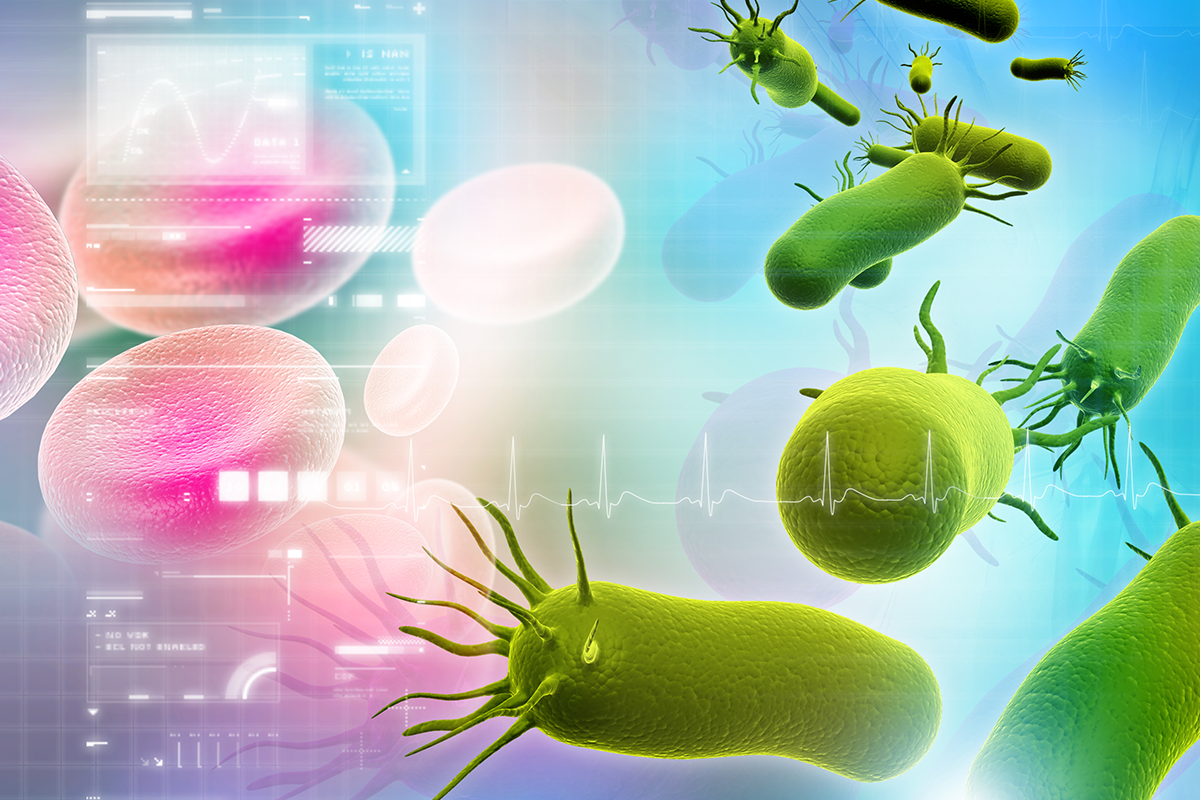Bacteria are resistant to antibiotics when these drugs lose their ability to kill or prevent the growth and multiplication of bacteria. Some bacteria are naturally resistant to certain antibiotics. A more worrying problem is that some bacteria that are normally sensitive to antibiotics become resistant as a result of genetic changes (acquired resistance).
Resistant bacteria can survive in the presence of antibiotics, they continue to multiply, causing a longer illness period or even death. Infections caused by resistant bacteria may require longer treatment, more care, alternative and more expensive antibiotics, which can have more serious side effects. Bacterial resistance to antibiotics is a natural phenomenon that occurs due to mutations in bacterial genes. However, excessive and improper use of antibiotics accelerates the appearance and spread of resistant bacteria. When exposed to antibiotics, sensitive bacteria are killed, and resistant ones continue to grow and multiply.
Antibiotic resistance can be avoided by following these rules:
-
Rational use of antibiotics (only when necessary, in the correct doses, intervals and appropriate therapy duration)
-
Hygienic measures to control the transmission of resistant bacteria (infection control) including hand hygiene, screening, isolation of patients who are the carriers of resistant bacteria
-
Follow your doctor’s advice regarding the use of antibiotics
-
Strengthening immunity, as a prevention of bacterial infections
-
Whenever possible, prevent infections by vaccination
-
Take antibiotics with a doctor’s prescription, never use drugs that have not been prescribed to you or “residues” from the previous treatments.
Product recommendations

